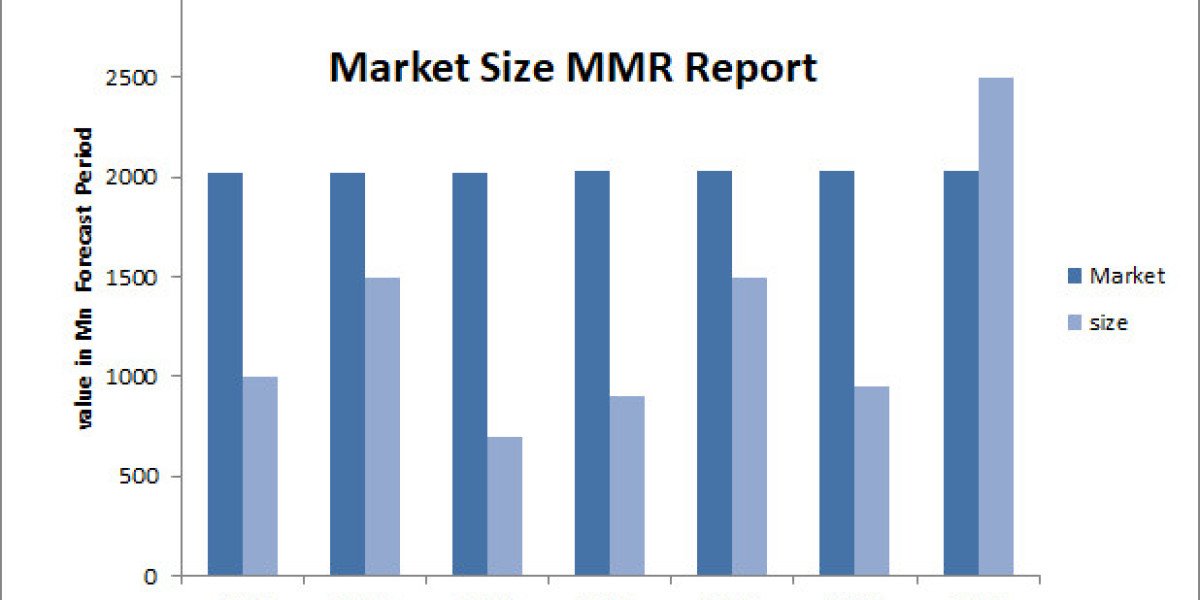Thyroid disorders are some of the most common endocrine problems affecting both men and women. From sluggish metabolism to anxiety and irregular heartbeats, thyroid dysfunction can have a profound impact on daily life. Seeking help from an experienced endocrinologist in Noida ensures accurate diagnosis, effective treatment, and long-term management of these hormone-driven conditions.
Understanding the Thyroid Gland
The thyroid is a butterfly-shaped gland located at the base of the neck. It produces hormones—primarily thyroxine (T4) and triiodothyronine (T3)—that control metabolism, energy levels, heart rate, temperature regulation, and more.
A disruption in thyroid hormone production can lead to two primary conditions:
Hypothyroidism: Underactive thyroid
Hyperthyroidism: Overactive thyroid
A qualified endocrinologist in Noida specializes in identifying the root causes of these imbalances and tailoring treatment accordingly.
Common Symptoms of Thyroid Disorders
Signs of Hypothyroidism
Fatigue and sluggishness
Dry skin and hair thinning
Cold intolerance
Constipation
Depression
Unexplained weight gain
Irregular or heavy periods
Slowed heart rate
Signs of Hyperthyroidism
Nervousness and anxiety
Heat intolerance
Increased sweating
Rapid or irregular heartbeat
Weight loss despite normal appetite
Frequent bowel movements
Menstrual irregularities
Insomnia
Even mild thyroid issues can lead to severe complications if left unmanaged. Early intervention by an endocrinologist in Noida can prevent long-term health risks.
Diagnosing Thyroid Disorders
Diagnosis begins with a thorough clinical assessment and lab tests. An endocrinologist will evaluate:
TSH (Thyroid Stimulating Hormone) levels: An essential indicator of thyroid function.
Free T3 and T4: Actual thyroid hormone levels in the bloodstream.
Thyroid antibodies: To detect autoimmune conditions like Hashimoto’s thyroiditis or Graves’ disease.
Ultrasound of the thyroid: To assess nodules, enlargement, or abnormalities.
Radioactive iodine uptake test: Sometimes used to evaluate hyperthyroidism.
Each result helps the endocrinologist in Noida customize treatment for optimal hormonal balance.
Causes of Thyroid Imbalances
Autoimmune Conditions
Hashimoto’s thyroiditis: A common cause of hypothyroidism where the immune system attacks the thyroid gland.
Graves’ disease: A leading cause of hyperthyroidism, also autoimmune in nature.
Iodine Deficiency or Excess
Iodine is crucial for thyroid hormone production. Both deficiency and excess can lead to thyroid dysfunction.
Medications and Treatments
Certain medications, lithium therapy, or radiation exposure can impair thyroid function.
Nodules and Goiter
Benign or cancerous growths may alter hormone output or cause pressure symptoms in the neck.
Treatment Strategies by an Endocrinologist
Thyroid conditions are generally manageable with long-term medical treatment and regular monitoring. The role of a specialized endocrinologist in Noida is to prescribe appropriate therapies and make dosage adjustments based on regular test results.
Treating Hypothyroidism
The standard treatment is levothyroxine, a synthetic form of T4, taken daily. The endocrinologist closely monitors thyroid levels and adjusts dosage over time.
Treating Hyperthyroidism
Options may include:
Antithyroid medications such as methimazole to reduce hormone production
Beta-blockers to manage symptoms like palpitations and anxiety
Radioactive iodine therapy to shrink the overactive gland
Surgery in cases of large goiters or cancerous nodules
The endocrinologist chooses the most suitable method depending on age, symptom severity, and overall health.
Thyroid and Pregnancy
Thyroid hormone is critical during pregnancy, especially in early stages. Hypothyroidism can lead to complications such as miscarriage, preterm birth, or developmental issues in the child.
A trusted endocrinologist in Noida monitors thyroid hormone levels carefully during preconception and pregnancy, making prompt adjustments to medication.
Managing Thyroid Nodules and Cancer
Not all thyroid nodules are harmful. Many are benign, but regular evaluation is necessary. A fine needle aspiration biopsy (FNAB) may be recommended to test the nodule for cancer.
If cancer is detected, treatment may involve:
Thyroidectomy (surgical removal of the thyroid)
Radioactive iodine ablation
Lifelong thyroid hormone replacement therapy
An endocrinologist in Noida plays a key role before and after surgery, helping patients maintain hormone balance and monitor for recurrence.
Lifestyle Support for Thyroid Health
Though medication is central to treatment, certain lifestyle practices can support thyroid function:
Balanced iodine intake through iodized salt and seafood
Limiting goitrogens in excess (found in raw cruciferous vegetables)
Stress management, since stress can disrupt hormonal feedback loops
Regular sleep and consistent exercise to regulate metabolism
Patients are encouraged to work closely with their endocrinologist to understand which lifestyle changes are suitable for their condition.
LSI Keywords That Improve SEO
Including semantically related keywords enhances search visibility and attracts a broader audience. This blog integrates:
Thyroid doctor in Noida
Hypothyroidism treatment Noida
Hyperthyroidism specialist
Thyroid hormone imbalance care
Thyroid nodule evaluation
Metabolism specialist Noida
Hormone replacement therapy
Endocrine system doctor
These help ensure the blog ranks well in relevant searches.
When to See an Endocrinologist
Primary care physicians often refer patients to endocrinologists when thyroid symptoms are complex, difficult to manage, or when lab results show abnormalities that require further evaluation.
It’s also advisable to seek an endocrinologist in Noida if:
Symptoms persist despite treatment
There’s a family history of thyroid disorders
You’re planning pregnancy with existing thyroid imbalance
Nodules or goiter are discovered
There are signs of thyroid eye disease (in Graves’ disease)
FAQs About Thyroid Care
Can thyroid problems go away on their own?
Most thyroid conditions require ongoing treatment. In rare cases of subacute thyroiditis, temporary dysfunction may resolve, but others like hypothyroidism or Graves’ disease need medical care.
Are thyroid medications lifelong?
In many cases, yes. Especially for hypothyroidism or after thyroid removal. However, dosage may vary with age, lifestyle, or pregnancy.
Can stress trigger thyroid problems?
Stress doesn't directly cause thyroid disease but can worsen symptoms and affect hormonal stability, particularly in autoimmune thyroid disorders.
Is thyroid disease linked to weight issues?
Yes. Hypothyroidism often causes weight gain, while hyperthyroidism can lead to weight loss. However, treatment can help stabilize weight over time.
Are thyroid disorders hereditary?
There is a strong genetic component. Individuals with a family history should monitor their thyroid health more closely.









